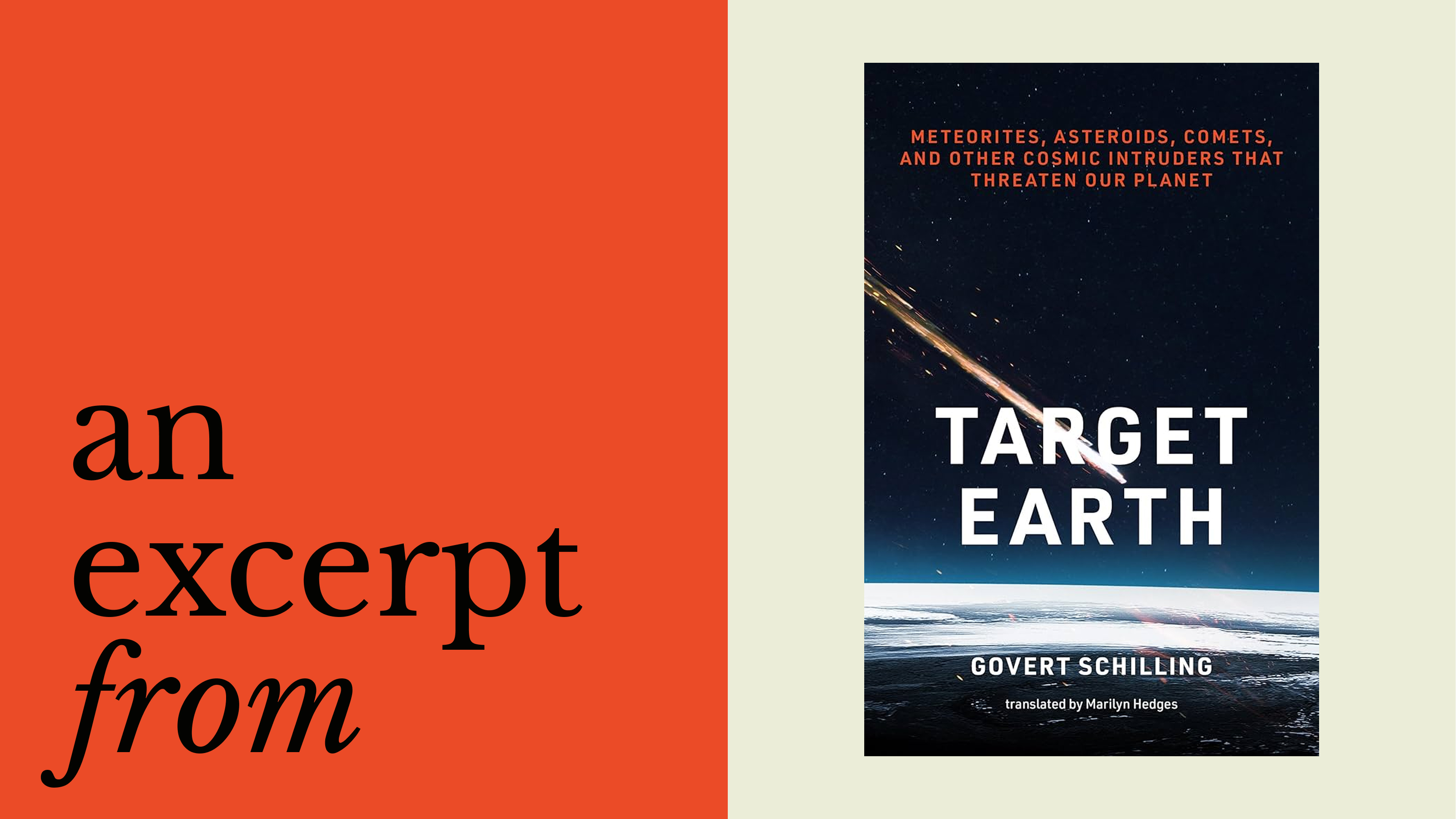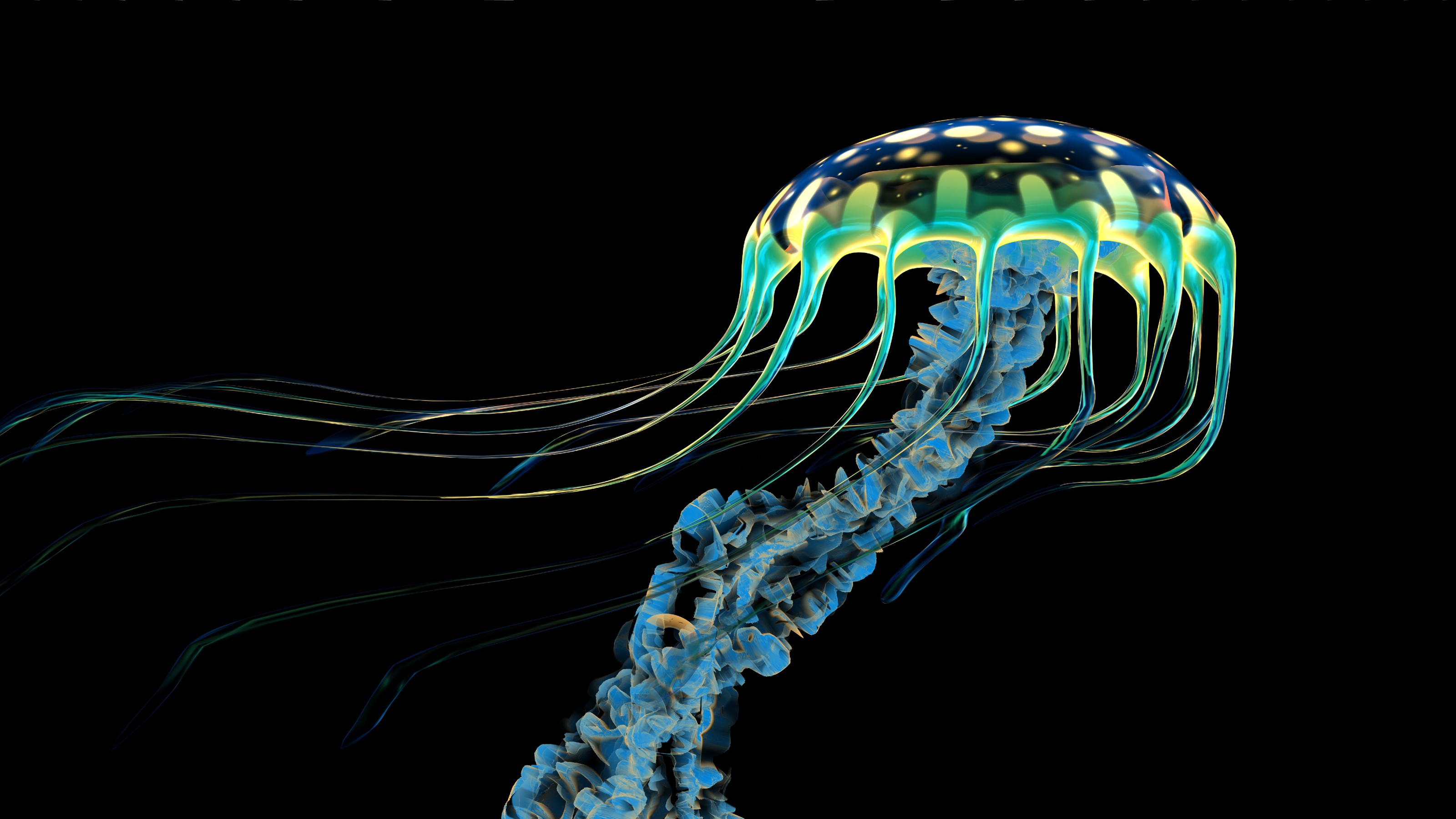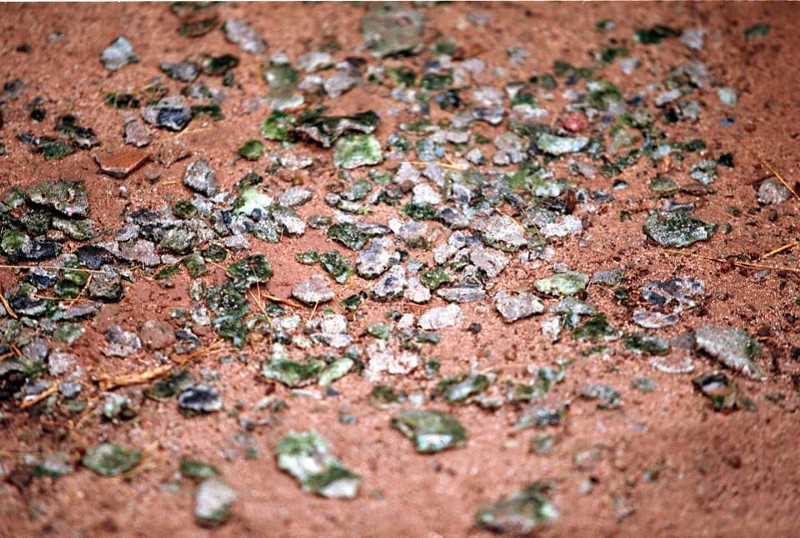Is It a Good Idea to Nuke the Oil Leak?

There was brief speculation in the media about using nuclear weapons to seal up the raging oil leak in the Gulf of Mexico. I think this is a bad idea, from a physics point of view. Let me say that my mentor while I was in high school and at Harvard, Edward Teller, father of the H-bomb, was a firm advocate of using nuclear weapons to dig out canals and other grand engineering projects. The logic is this: when an H-bomb is detonated underground, most of its energy is in the form of soft X-rays, which deposit most of their energy in a large sphere, where it is absorbed and the energy turned to intense heat. (In the air, this ball of hot ionized plasma rises rapidly, with cold air coming in from the side, which gives rise to the familiar mushroom cloud).
Underground, we then have a hollow sphere of vaporized gas, with walls that have been glassified from the sand. This hollow sphere is stable from a few hours to a few days, but eventually the weight of the rock collapses the sphere. The result is a sudden collapse of the sphere, often releasing radioactive gas into the environment. In the wake of this explosion, we now have a huge hole, often over 1,000 feet across, which, as envisioned by Dr. Teller, could be used to create canals. The Soviets actually experimented with this method to seal gas leaks during the 1960s and ’70s.
If this takes place under the sea floor (which has never been done before), there are bound to be complications. First, there would be the release of dangerous, water-soluble chemicals such as radioactive iodine, strontium, and cesium, which would contaminate the food chain in the Gulf. Second, the “seal” created by the glassified sand is probably unstable. And third, it might actually make the problem worse, creating many mini leaks on the ocean floor. Determining the precise effect of such an underwater blast would depend on crucial computer simulations of the various layers of rock under the seafloor, which has never been done before.
In other words, this would bea huge science experiment, with unintended consequences. Furthermore, with hurricane season upon us, and predictions of eight or more hurricanes for this season, it means that seawater several hundred feet below the surface of the water could be churned up and then deposited over the South. This seawater, containing oils and radioactive fission products, would magnify the environmental problem.
In summary, it is not a good idea to use nukes to seal up oil leaks.





